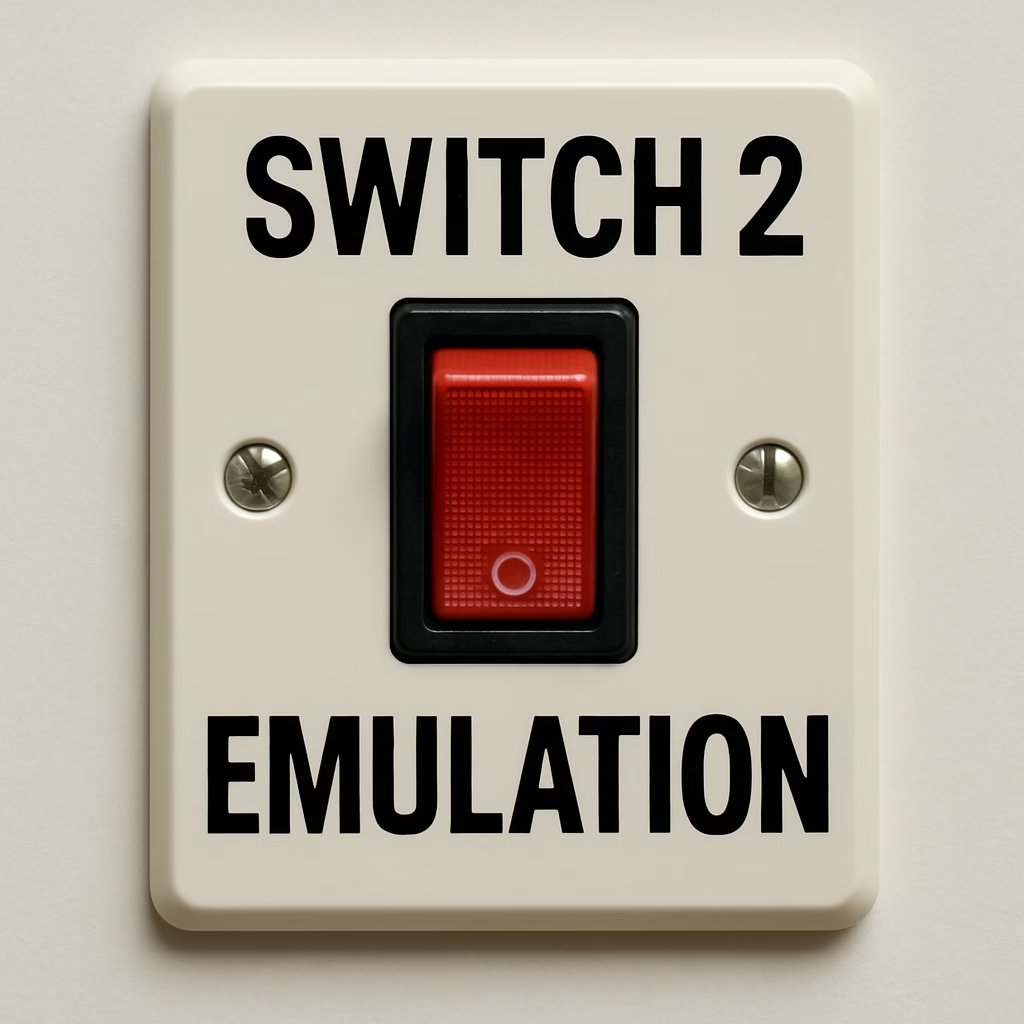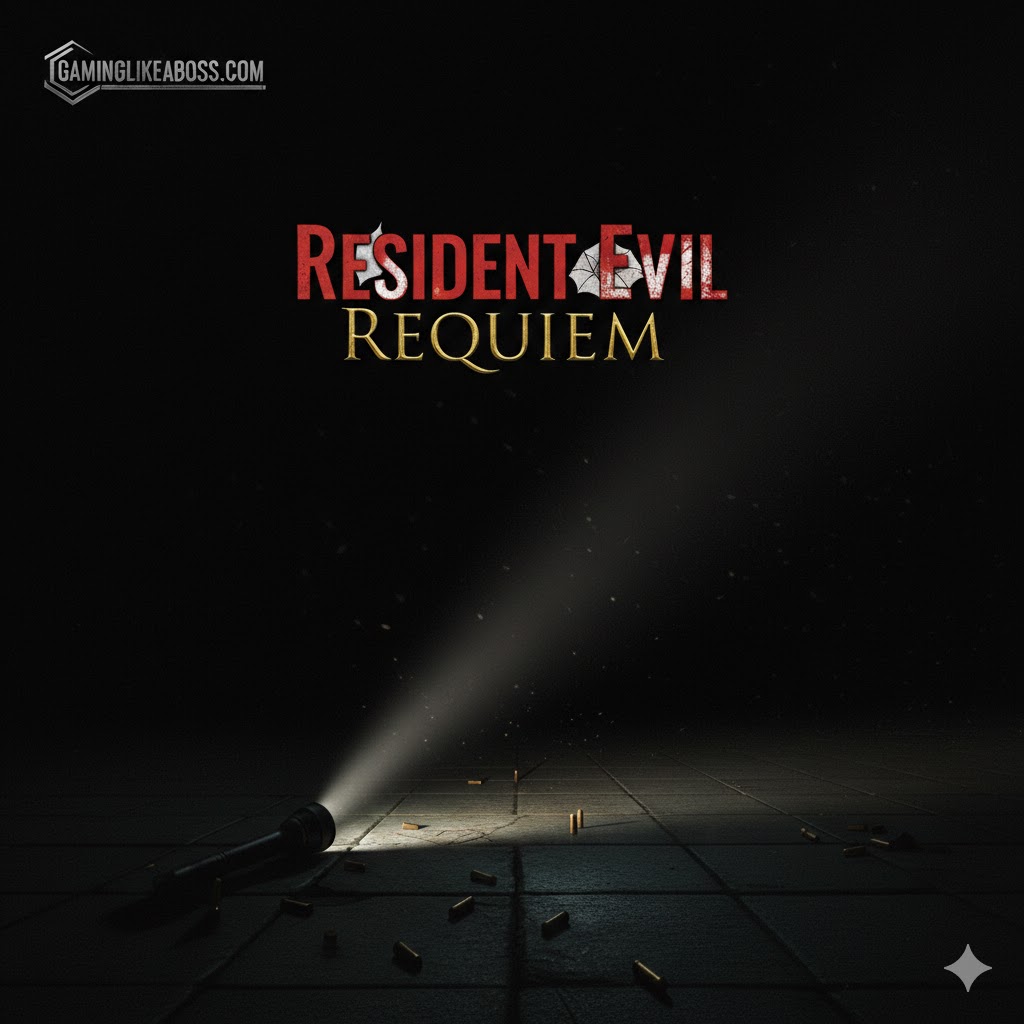Is There Emulation for Switch 2 Yet?
While it’s very early, there are reports of Nintendo Switch 2 emulation efforts already underway, though their current state is highly experimental and limited. The Nintendo Switch 2 was released on June 5, 2025.
Current State of Switch 2 Emulation
- Hassaku Emulator: A group called “Hassaku Emulator” claims to have created the world’s first Switch 2 emulator. They’ve posted “proof” of partially booting Switch 2 games, such as Donkey Kong Bananza, before crashing. However, there is significant skepticism within the video game piracy community regarding the authenticity and progress of this project, particularly concerning how they are obtaining ROMs so quickly.
- Challenges: Emulating a brand-new console is a complex and time-consuming process. Developers need to understand the new hardware architecture, security measures, and how the console processes games. Given Nintendo’s aggressive stance against emulation, any public projects face immediate legal risks.
- Speculation on Development Time: Some discussions suggest it could take several years for a truly playable and stable Switch 2 emulator to emerge, similar to the timeline for the original Switch emulators.
Nintendo’s Own Emulation for Backwards Compatibility
Interestingly, the Nintendo Switch 2 itself uses a form of emulation or a “translation layer” to play original Switch games. This is because the Switch 2 has significantly different internal hardware than its predecessor. This internal emulation is optimized by Nintendo to ensure compatibility and battery life, unlike a full software emulator built by third parties.
Is the New Switch 2 Emulation True or False?
It’s true that there’s a lot of skepticism surrounding the claims of Switch 2 emulation, particularly with the “Hassaku Emulator.”
Many in the gaming and emulation communities are wary of early claims, especially when the console has only been out for a short time and there are questions about how developers would even obtain working ROMs so quickly. Past instances of “emulators” for new systems have sometimes turned out to be fake or simply video playback.
Ultimately, only time will tell if these early projects are legitimate or if a truly functional and stable Switch 2 emulator will emerge in the future.
Has anyone been successful with ROM extraction?
Given that the Nintendo Switch 2 was just released on June 5, 2025, it’s highly unlikely that widespread or easily accessible methods for ROM extraction have been established.
Here’s why and what the situation likely is:
- New Hardware & Security: Nintendo’s new console will undoubtedly feature updated security measures designed to prevent unauthorized access and piracy. Breaking these protections takes time, expertise, and often specialized hardware or software.
- Legal Action: Nintendo is notoriously aggressive in protecting its intellectual property.1 They actively pursue legal action against individuals and groups involved in ROM distribution and unauthorized emulation.2 Recent reports even indicate the FBI seizing domains related to Switch ROM sites.3 This makes anyone attempting to extract or distribute Switch 2 ROMs a prime target.
- Difficulty of Dumping: For previous consoles, ROM extraction often required some form of “homebrew” or custom firmware on the console itself, along with specific tools. Developing such tools for a brand-new, secure system is a significant undertaking.
- Skepticism about Early Claims: As mentioned previously, claims of immediate “emulators” or ROM dumps for a newly released console are often met with skepticism because the process is so complex and legally risky.
While there might be very early, experimental efforts by dedicated groups in the “scene,” it’s highly improbable that any widely successful or public methods for Switch 2 ROM extraction exist at this moment. If any individuals have managed it, they would likely keep their methods private to avoid legal repercussions from Nintendo.
The focus in the piracy community at this stage would typically be on analyzing the new hardware and security, rather than mass-dumping ROMs.
Switch 2 Owners are bricking their Switch 2 from ROM extracting
there have been numerous reports of Nintendo Switch 2 consoles being effectively “bricked” or severely restricted due to attempts to circumvent Nintendo’s security measures, particularly through the use of flash cartridges like the MIG Switch.
Here’s a breakdown of what’s happening:
- Not a “Hard Brick” in all cases: While some users might use the term “bricked,” it’s often more accurately described as a console ban from online services. This means the console itself still functions for offline play (e.g., physical cartridges), but it loses access to:
- Nintendo eShop
- Online multiplayer
- System and game updates
- Cloud saves
- Any game that requires an online connection to launch (like Nintendo Switch Online retro titles or digital-only games that haven’t been fully downloaded).
- The ability to download “game-key” cartridges (where the physical card is just a license to download the actual game).
- The MIG Switch: This flash cartridge allows users to load game ROMs (either legitimately backed up or pirated) onto a single cart. Nintendo has clearly designed the Switch 2 to detect the use of such devices.
- Hardware ID Bans: Nintendo’s system is reportedly implementing hardware ID bans, meaning the ban is tied directly to the specific console, not just the user’s Nintendo Account. This makes the banned console difficult to sell on the secondhand market, as buyers might unknowingly purchase a restricted device.
- Nintendo’s EULA and Anti-Piracy Stance: Nintendo has a very strict End User License Agreement (EULA) that allows them to “render the Nintendo Account Services and/or the applicable Nintendo device permanently unusable in whole or in part” if users engage in “unauthorized use” like modifying hardware or software. They have a history of aggressively pursuing legal action against those involved in piracy and circumvention.
- Legal Challenges: In some regions, like Brazil, consumer protection agencies are challenging Nintendo’s right to impose such severe restrictions on a product a consumer has purchased, arguing that it’s an “abusive” practice.
In summary: While it might not always be a complete “paperweight” (you can often still play physical games offline), attempting to extract ROMs or use unauthorized devices like flash cartridges on the Switch 2 carries a very high risk of having your console permanently banned from all online services. This significantly diminishes the value and functionality of the device for most users.






Post Comment